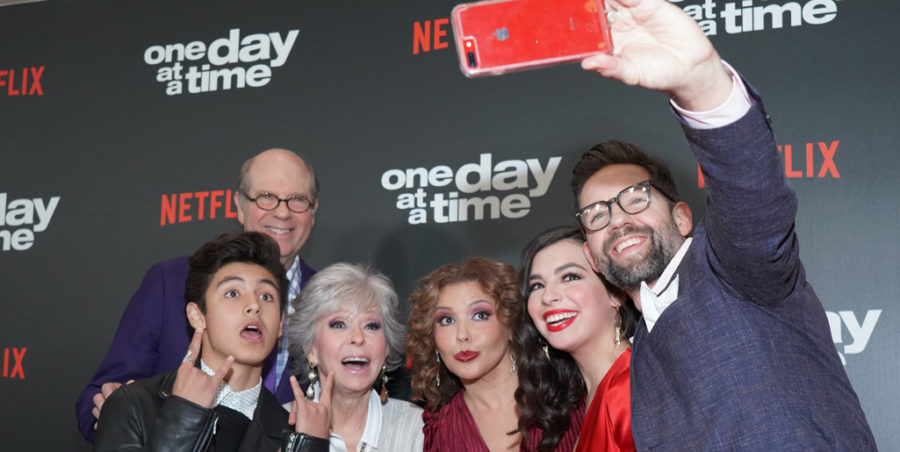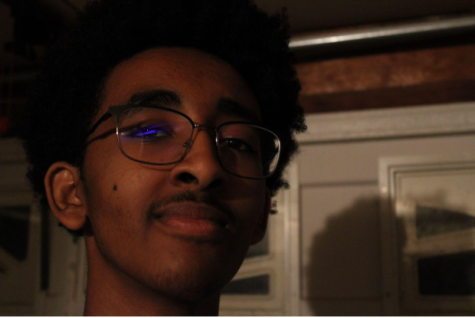Netflix Has a Huge Problem. And It’s Not the Price.
In the 22 years since its inception, Netflix has reinvented television. What began as a DVD distribution service is now a global, video streaming phenomena worth billions of dollars. As of January 2019, the company had over 148 million subscriptions and was the seventh-largest internet company in terms of sales. Customers in 130 countries now have access to Netflix and no one expects this growth to end anytime soon.
One of the ways that Netflix has managed to climb over its competition is by creating original content. Shows like Black Mirror and Orange Is the New Black became early successes and made Netflix a household name. The company continues to crank out new original movies and shows each year.
However, even as sales continue to increase and more people become monthly subscribers, Netflix’s empire is teetering on the brink of collapse. The streaming service’s fatal flaw is that despite pumping out a wide variety of original programming each year, the majority of its most popular shows are ones that Netflix does not own. In 2018, the three most-viewed shows on the platform were The Office (U.S.), Friends, and Parks and Rec, none of which are owned by Netflix. And following the huge success of online streaming services like HBO, Hulu, and Netflix, it is widely expected that Disney/Fox, WarnerMedia, and NBCUniversal will soon launch their own platforms which will strip Netflix of many of its top shows forever.
Netflix is already being forced to navigate this growing problem. In 2018, the company made national news when it paid $100 million to WarnerMedia for exclusive rights to Friends through 2019. This huge sum of money turned the heads of many subscribers who feared that one of their favorite but less popular shows would be sacrificed to pay for an additional year of Friends. And in March 2019, these fears came true.
One Day at a Time, a relatively new Netflix original show that has critics swooning, made its debut in 2017 and stars the legendary Rita Moreno. Reimagining Norman Lear’s series of the same name, the show revolves around a Cuban-American family living in Los Angeles. Presented as an almost-stereotypical American sitcom, One Day at a Time gives a voice to unrepresented storylines, such as that of veterans, working class and single mother families, gay and nonbinary relationships, addiction, and immigration. In early February, the third season was released and eagerly consumed by the show’s thousands of fans.
But on March 14, Netflix took to Twitter to announce that One Day at Time would not be renewed for a fourth season.
In a string of tweets from Netflix’s official Twitter account, the company blamed its decision on the show’s low viewership numbers.
“Simply not enough people watched to justify another season,” Netflix said.
This statement, in and of itself, does little to defend the decision. One Day at a Time’s third season had only been out for a month and, due to Netflix’s strict control over its data, no one truly knows how many people watched besides the company itself.
But the section of the statement that left many viewers with a bad taste in their mouths came near the end.
“And to anyone who felt seen or represented — possibly for the first time — by ODAAT, please don’t take this as an indication your story is not important,” Netflix said.
While Netflix’s words say one thing, its actions say another. By choosing not to renew one of the most progressive and diverse shows on its platform, they are saying that the story of a Cuban-American family, a single mother, a gay daughter, and an alcoholic is not important. Or to be more specific, these stories are worth less than the money that goes into making them.
And One Day at a Time is not alone. In 2017, Netflix cancelled Sense8, a science fiction drama series containing powerful queer and religious storylines after its second season. Following a huge outcry on Twitter and other social media networks, Netflix funded a final episode of the show that was nearly two hours long. And as other platforms and companies continue to put financial pressure on Netflix, this will likely happen more and more often.
If Netflix wants to continue telling underrepresented stories, the company must be willing to stay loyal to these stories in the long run. Friends and The Office may be popular and largely responsible for Netflix’s huge net worth, but they are also older shows featuring primarily white leads and sometimes problematic plotlines. Shows like One Day at a Time and Sense8 may not rack in the big bucks, but they do tell modern and inclusive stories. And that should count for something.











